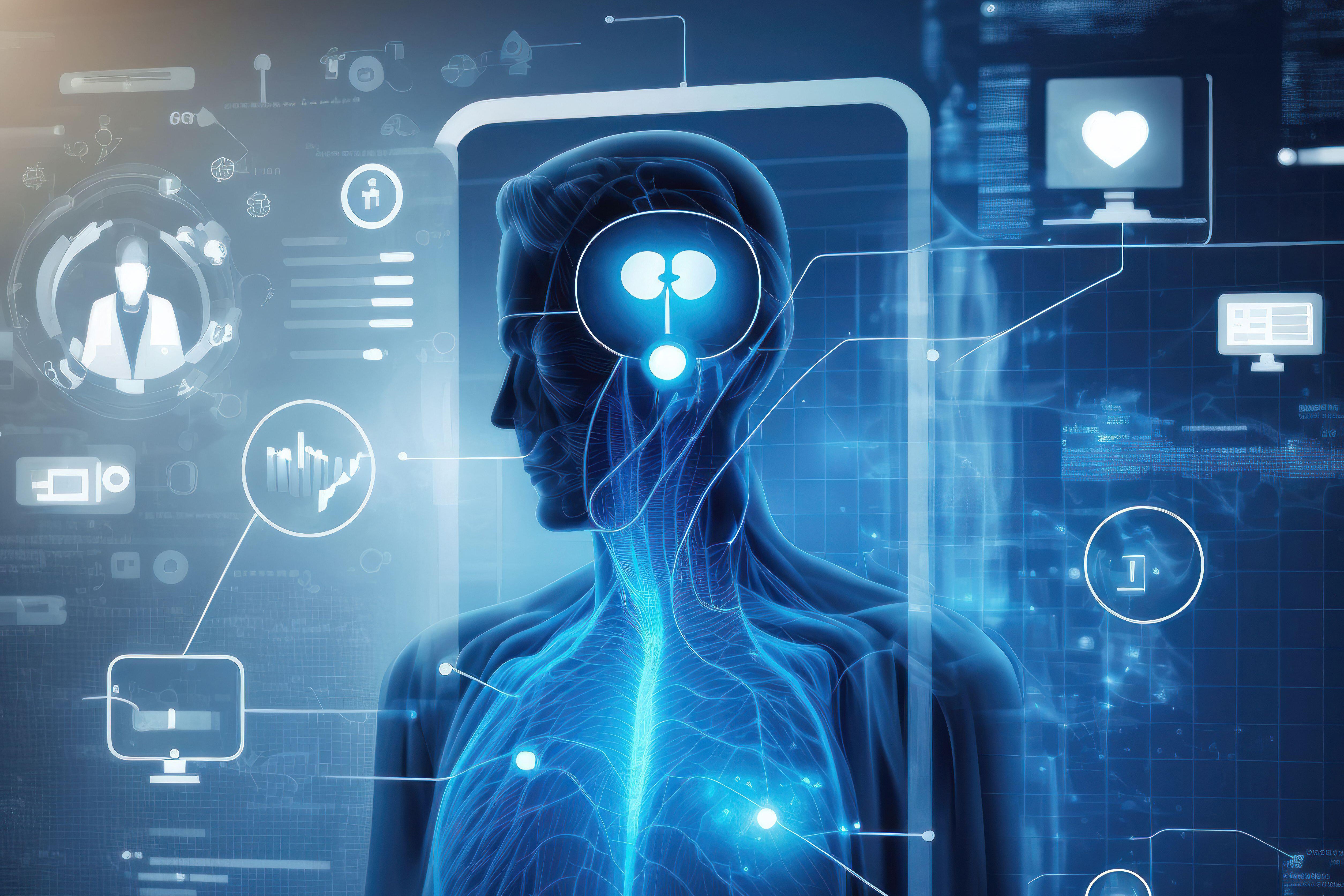
AI Empowers Medical Diagnosis with Unprecedented PrecisionAI Empowers Medical Diagnosis with Unprecedented Precision Artificial intelligence (AI) has revolutionized the field of medicine, transforming the way we diagnose and treat diseases. With its remarkable ability to process vast amounts of data and identify patterns, AI is empowering medical professionals to make more accurate and timely diagnoses. Precision Diagnostics AI algorithms can analyze medical images, such as MRI scans, CT scans, and X-rays, with unprecedented precision. By detecting subtle anomalies and variations, AI can identify diseases in their earliest stages, even before symptoms appear. This early detection enables prompt intervention and treatment, significantly improving patient outcomes. For example, AI-powered image analysis has been shown to detect cancerous tumors with up to 99% accuracy, outperforming even experienced radiologists. This increased precision allows doctors to intervene sooner, increasing the chances of survival and reducing the risk of complications. Personalized Treatment Plans AI algorithms can also analyze patient data, including medical history, genetic information, and lifestyle factors, to create personalized treatment plans. By identifying the unique needs of each patient, AI can tailor therapies to maximize their effectiveness and minimize side effects. This personalized approach has been particularly impactful in fields such as oncology. AI can predict the likelihood of recurrence and metastasis based on a patient’s individual profile, allowing doctors to choose the most appropriate treatment options. AI-guided therapy selection has shown to improve treatment outcomes and reduce healthcare costs. Real-Time Monitoring AI-powered devices can continuously monitor patients’ vital signs and physiological parameters, providing a real-time window into their health. This continuous monitoring enables early detection of changes and complications, allowing healthcare providers to intervene promptly. Wearable devices equipped with AI algorithms can track heart rate, blood pressure, and blood glucose levels, alerting patients and doctors to potential issues. This real-time monitoring has proven valuable in managing chronic conditions such as diabetes and heart disease, empowering patients to take proactive measures and prevent complications. Conclusion AI has emerged as a game-changer in medical diagnosis, providing unprecedented precision, personalization, and real-time monitoring. By leveraging the power of AI, medical professionals can now make more accurate and timely diagnoses, tailor treatment plans to individual patients, and monitor health conditions in real time. As AI continues to advance, it will further transform the healthcare landscape, enabling us to achieve better patient outcomes and prevent future diseases.
Posted inNews